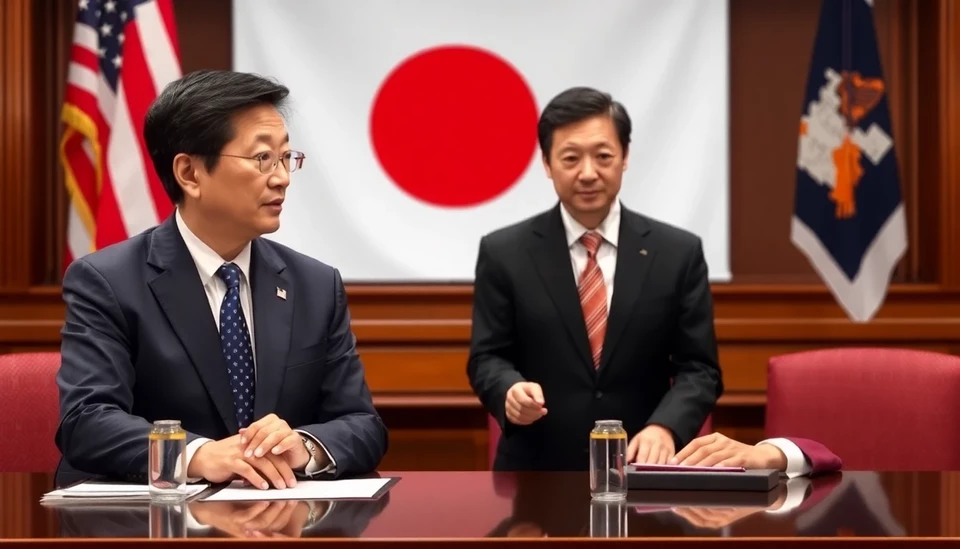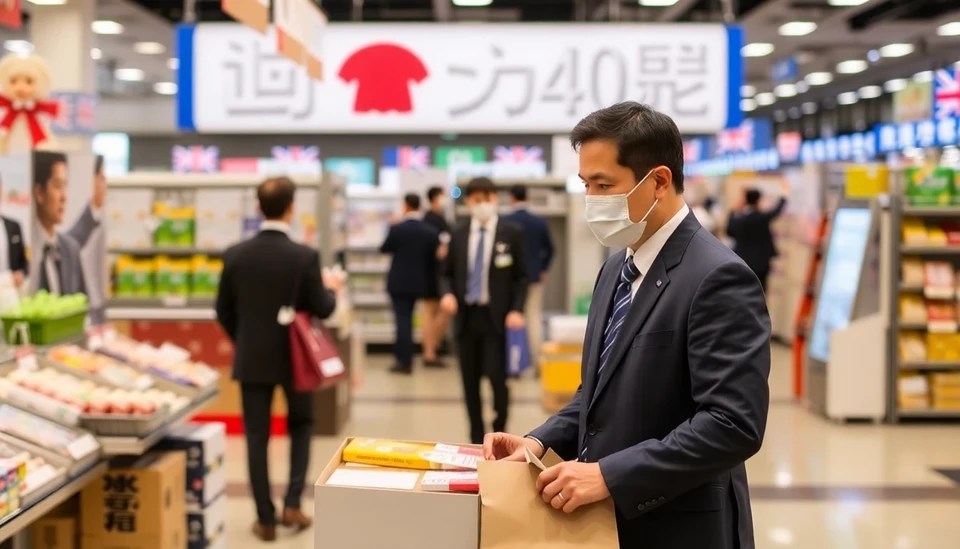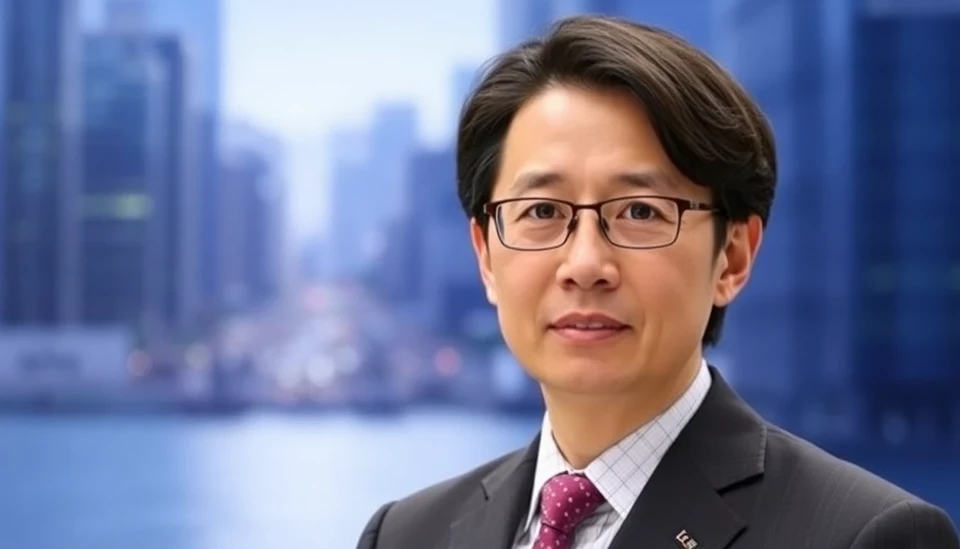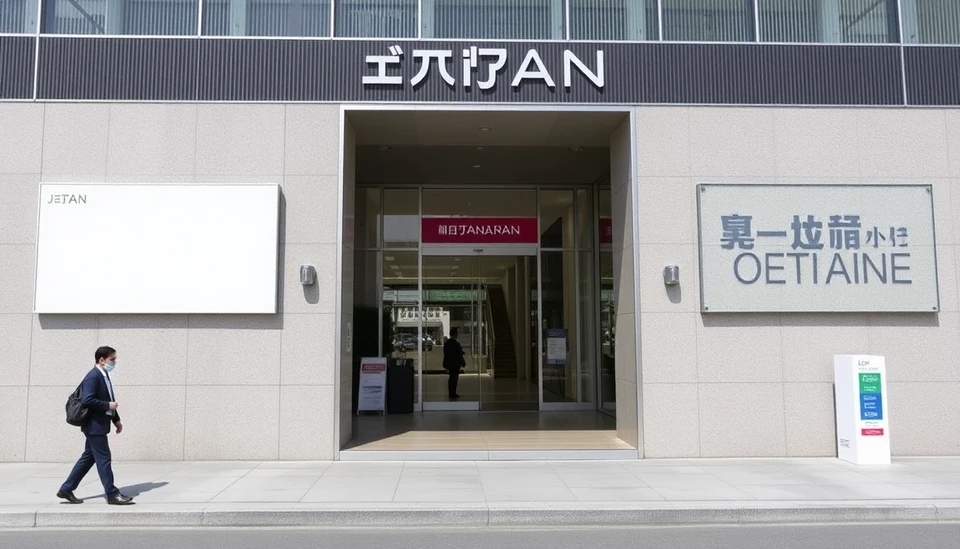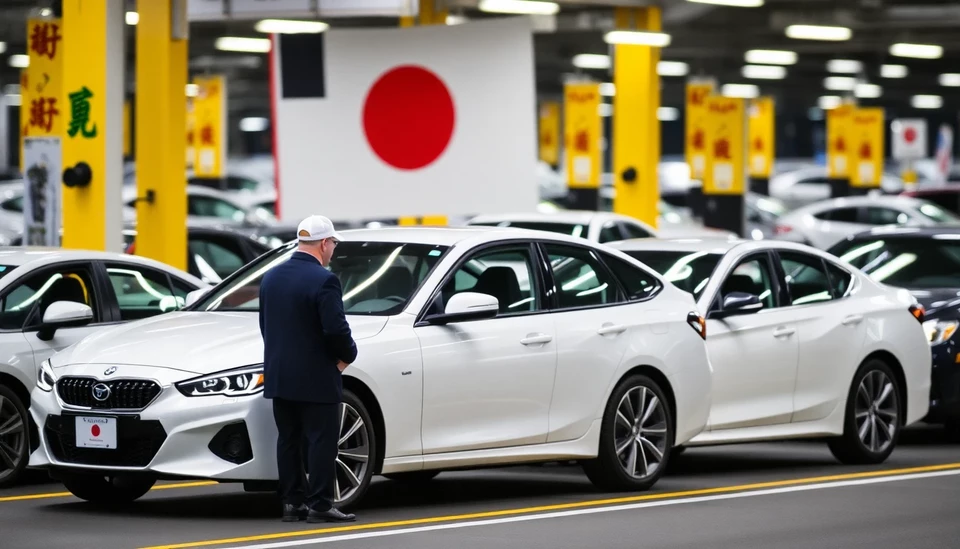
In a significant development for international trade relations, Japan has proactively raised concerns regarding the potential increase in automotive tariffs announced by the United States. These discussions arise in the context of former President Donald Trump's threats to impose higher tariffs on imported cars, citing national security concerns. The Japanese government is keen to avert any detrimental impacts on its automotive industry, which relies heavily on exports to the U.S. market.
The discussions took place amid ongoing tensions surrounding global trade policies, with Japan's economy heavily interconnected to the U.S. market. Reports indicate that Japan's trade officials formally approached their American counterparts, articulating their worries about the implications of such tariffs. They emphasized that any hike in tariffs would not only disrupt market dynamics but also threaten to escalate trade tensions further.
Trump's administration had previously implemented tariffs on steel and aluminum under the guise of national security. The former president's current stance suggesting an increase in auto tariffs stems from earlier grievances over trade imbalances and hopes of bolstering American manufacturing. Critics, however, argue that such actions may lead to retaliatory measures from affected countries, potentially sparking a trade war that could have far-reaching effects on global economies.
Japanese automotive giants like Toyota and Honda have significant manufacturing bases in the U.S., employing thousands of American workers. The introduction of new tariffs could potentially increase vehicle prices, affecting both manufacturers and consumers. Japan’s swift reaction highlights the urgency with which it is seeking to safeguard its automotive sector's interests and diminish the risk of escalating trade disputes.
In response to the rising tensions, the Japanese government has proposed engaging in diplomatic dialogues with U.S. officials to negotiate terms that would prevent the imposition of new tariffs. The outcome of these discussions is vital, not just for Japan's auto manufacturers, but also for the stability of international trade relations as a whole.
As the situation develops, many industry experts are keeping a close eye on both countries’ negotiations, weighing the potential economic impacts on consumers and manufacturers alike. The announcement of any tariff changes could reverberate throughout the global market, affecting international supply chains and pricing structures.
With the stakes high, it remains to be seen how the U.S. will respond to Japan's concerns and whether a diplomatic solution can be reached to mitigate the anticipated impacts on the automotive industry.
In conclusion, Japan's proactive stance illustrates the critical intersection of trade, diplomacy, and economic policy, underscoring how the decisions made by one nation can resonate across the globe and lead to larger conversations about international economic cooperation.
#Japan #USA #AutoTariffs #DonaldTrump #TradeRelations #AutomotiveIndustry #NationalSecurity #GlobalTrade
Author: Laura Mitchell
